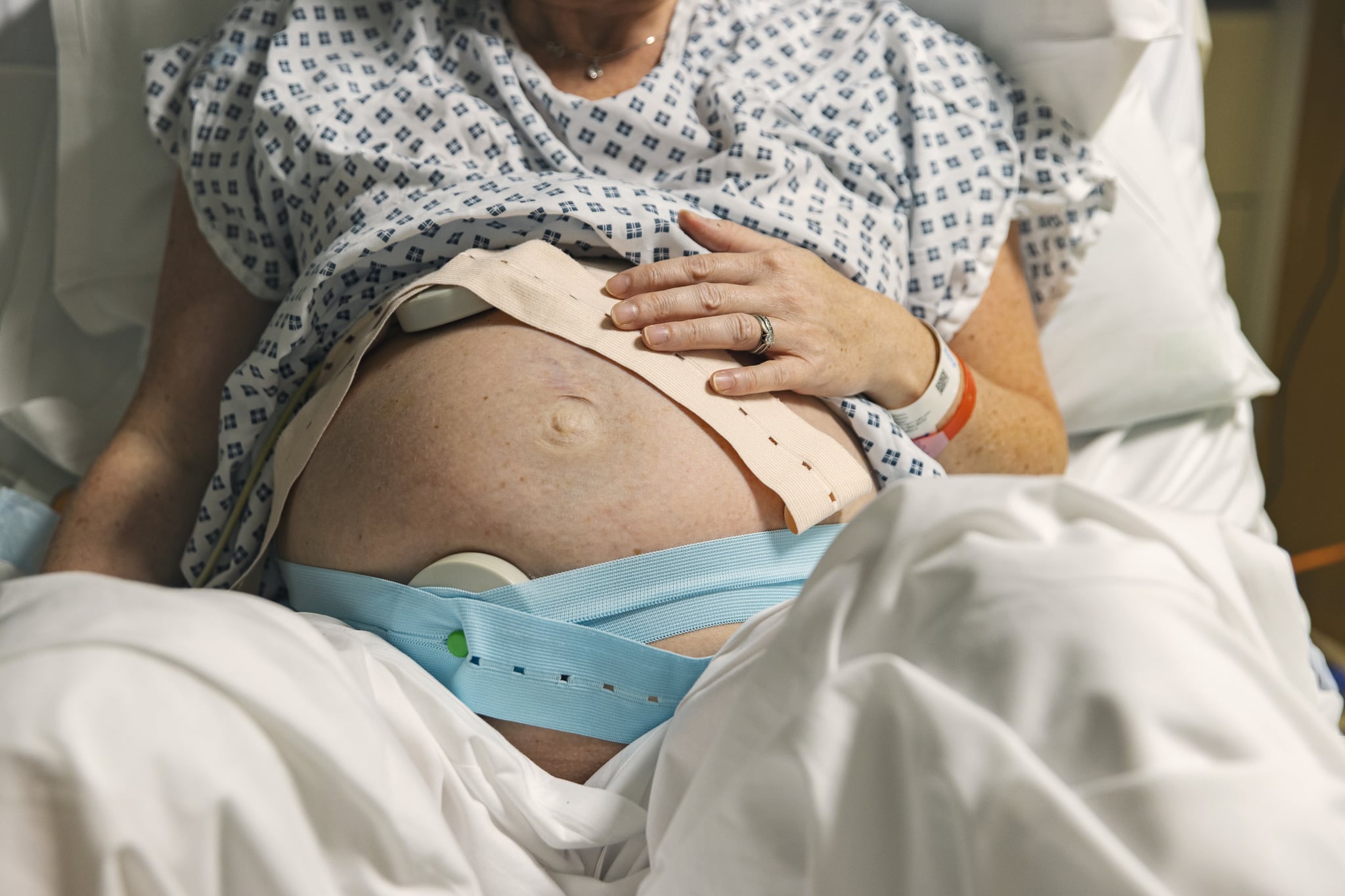
Priorities shifted for many people during the pandemic. For some, they directed attention away from work and back into family life. For others, they pivoted more toward a different way of living, like embracing the DINK lifestyle [1] and soft-life era [2]. But preferences around fertility have experienced an even more significant shift.
A study out of the SSM — Population Health [3] journal surveyed 2,087 women and found that half of the participants reported "suppressed fertility desires during the pandemic."
"This is consistent with earlier findings that showed people prefer not to have children during economic crises and epidemics," Population Health reports. But what's more, 68 percent of women who reported a decrease in desire to have kids during the summer of 2020 continued to feel that way six months later. And those who were most impacted were women who were younger in age, women of color, women who had one child, and women who were already facing financial stress.
But why did these desires change? For starters, let's talk about the inequities of motherhood in the US. Even before the pandemic, in 2019, Pew Research Center data [4] showed that "women were already more likely than their spouses or partners to say they carried more of the load when it comes to both parenting and household responsibilities." Why would anyone want to add to that during a global pandemic where they'd continue to shoulder much of the weight? Among employed parents working from home, Pew Research Center found that mothers were more likely than fathers to say they had a lot of child-care responsibilities while working.
When you throw structural inequities into the mix, it makes sense whose preferences would change and why. "Women whose fertility preferences were not impacted by the pandemic in July 2020 were more likely to be older, white, nulliparous, have two or more children, and not cohabiting with a partner," according to the study. They were also less likely to have experienced financial hardship due to the pandemic [5] and more likely to have lived in areas with fewer pandemic restrictions [6].
Women of color, on the other hand, experienced higher rates of COVID-19 infection and death, job loss, and intensified tension around racial injustice during the pandemic, according to Population Health. This type of uncertainty, loss, and violence can certainly warrant fear of bringing a child into the world.
A similar thought process can be applied to those with one child, who also reported a suppressed fertility desire, and were more likely to continue to decrease or delay childbearing postpandemic compared to women without kids. Navigating the pandemic with a kid meant "navigating challenges of school closures, loss of family and social support, and increased emotional and mental distress" — all life-changing consequences of the pandemic. In comparison, adults who were nulliparous did not have to navigate these challenges, and those with two or more children were thought to have less-impacted desires because they may have already completed their childbearing.
As the effects of the pandemic persist, Population Health suggests healthcare resources like abortion access [7], family planning, maternal health [8], and fertility care remain crucial in order to give childbearing individuals the options and resources needed as fertility desires continue to change.